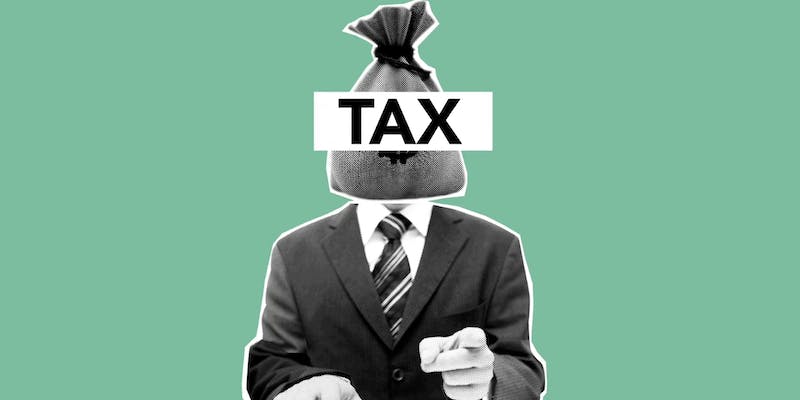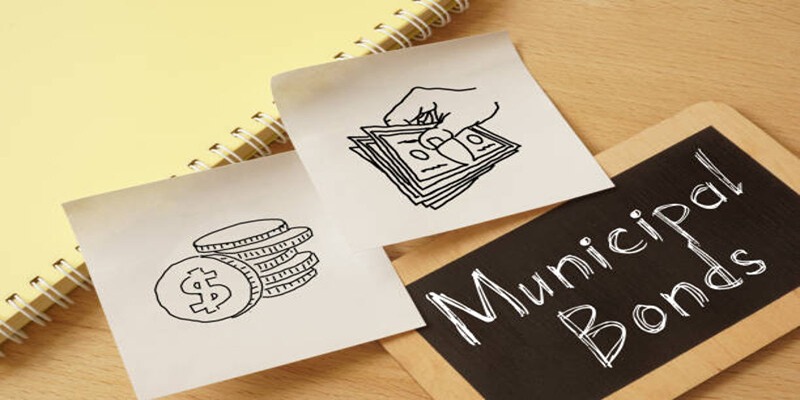When Should You Pay Your Credit Card Bill? A Comprehensive Guide to Timely Payments and Financial Well-being
Nov 22, 2023 By Triston Martin
In the intricate dance of personal finance, one of the pivotal steps is knowing when to pay your credit card bill. It's not just a matter of meeting a due date; it's about strategically managing your finances to enhance your credit score and overall financial well-being. By understanding the nuances of credit card bill payments, you can make informed decisions that optimise your financial resources.
Understanding the Credit Card Billing Cycle
 The journey begins with comprehending the credit card billing cycle. This cyclical period dictates when transactions are recorded and how your balance is calculated. It culminates in a due date for your payment. Understanding this cycle is fundamental to navigating the credit card landscape successfully. By exploring the various stages of the billing cycle, you can gain insights into how each phase impacts your overall credit card usage.
The journey begins with comprehending the credit card billing cycle. This cyclical period dictates when transactions are recorded and how your balance is calculated. It culminates in a due date for your payment. Understanding this cycle is fundamental to navigating the credit card landscape successfully. By exploring the various stages of the billing cycle, you can gain insights into how each phase impacts your overall credit card usage.
The Importance of Paying on Time
Paying your credit card bill on time is crucial for several reasons:
- Avoid Late Fees: Credit card issuers impose late fees for payments made after the due date. These fees can add up quickly and strain your finances.
- Prevent Interest Charges: If you carry a balance on your credit card, interest accrues daily. Paying on time helps you avoid unnecessary interest charges.
- Protect Your Credit Score: Timely payments positively impact your credit score. Late payments, on the other hand, can have a detrimental effect on your creditworthiness.
Strategies for Paying Off Credit Card Debt
- Create a budget plan and stick to it.
- Prioritise your debt by paying off high-interest cards first.
- Consider balance transfers or consolidation loans to reduce interest rates.
- Negotiate with creditors for lower interest rates or payment plans.
- Avoid taking on new debt while trying to pay off existing debt.
- Utilise windfalls, such as tax refunds or bonuses, to make extra payments towards your credit card debt.
- Seek professional help from a certified credit counselor for personalized strategies and advice.
Common Mistakes to Avoid
- Forgetting to pay your credit card bill on time.
- Not understanding the billing cycle and grace period.
- Making minimum payments only, leading to prolonged debt repayment and increased interest charges.
- Overspending and accumulating more debt while trying to pay off existing balances.
- Closing old credit cards, which can negatively impact your credit score and credit history.
Financial Planning: The Pillar of Responsible Credit Card Usage
Effective financial planning serves as the solid foundation for responsible credit card usage. By having a well-established emergency fund, you can ensure resilience in the face of unexpected expenses and maintain a firm grip on your financial stability.
Avoiding Fees and Penalties
Effectively managing your credit card payments goes beyond simply paying the minimum amount due. This section focuses on essential strategies to help you steer clear of fees and penalties, safeguarding your financial well-being and preserving a positive relationship with your credit card issuer.
Late Payment Fees and Their Impact
When you fail to pay your credit card bill on time, the issuer charges a late payment fee. This fee varies based on your credit card terms and conditions but typically ranges from $25 to $35.
1. Understanding Late Payment Fees:
Late payment fees are charges imposed by credit card issuers when you fail to make the minimum payment by the due date. These fees can add up quickly, exacerbating your financial burden.
2. Timely Payments as a Priority:
The most straightforward way to steer clear of late payment fees is to prioritize timely payments. Establish reminders, utilize automatic payments, or explore mobile apps to ensure you meet due dates consistently.
3. The Financial Impact of Late Fees:
Late payment fees not only increase your immediate financial outlay but can also have lasting effects on your credit score. Consistent late payments can result in a negative credit history, impacting your ability to secure favorable terms for future credit.
Grace Periods and the Importance of Timely Payments
A grace period is the time between your credit card billing cycle closing and your due date, typically ranging from 21 to 25 days. During this period, you can pay off your balance without incurring interest charges.
Utilizing Your Grace Period Effectively:
By paying your balance in full during the grace period, you can avoid paying interest and maximize your purchasing power. However, this strategy only works if you pay the entire balance by the due date.
The Consequences of Not Paying on Time:
If you do not make timely payments during the grace period, any remaining balance will carry over to the next billing cycle, accruing daily interest charges. This can lead to a cycle of debt and make it challenging to pay off your credit card balance in full.
Strategies for Avoiding Penalty APRs
A penalty Annual Percentage Rate (APR) is a higher interest rate charged by credit card issuers when you miss payments or exceed your credit limit. It can be as high as 29.99% and significantly impact your finances.
Strategies to Avoid Penalty APRs:
- Make timely payments consistently
- Monitor your credit limit and stay well below it to avoid over-limit fees
- Communicate with your credit card issuer in case of financial hardship or unexpected circumstances that may impact timely payments.
Special Considerations for Large Purchases
When contemplating substantial expenditures with your credit card, careful planning and strategic thinking become paramount. This section delves into the unique considerations and recommendations associated with managing large purchases, ensuring that you can navigate them effectively while maintaining financial prudence.
Impact of Timing on Interest Charges for Significant Transactions
Explore the implications of timing on interest charges for significant transactions. Learn how strategic planning can help you minimise interest rates and optimise your finances when making sizeable purchases with your credit card.
1. Understanding Interest Accrual:
Large transactions have the potential to accumulate significant interest if not managed judiciously. The timing of your payment within the billing cycle plays a pivotal role in determining the interest charges associated with these sizable purchases.
2. Paying Before the Statement Closing Date:
To minimize interest costs, consider settling payments for significant purchases before the statement closing date. By doing so, you reduce the average daily balance subject to interest, mitigating the overall financial impact of the transaction.
3. Leveraging Grace Periods:
Take advantage of the grace period between the statement closing date and the payment due date. Timely payment during this period can help you avoid interest charges altogether, provided your credit card issuer offers a grace period.
Monitoring Credit Limits:
Before initiating a large transaction, be cognizant of your credit limit. Exceeding this limit can lead to declined transactions or additional fees. Regularly monitoring your credit limit ensures you have sufficient available credit for significant purchases.
Requesting Credit Limit Increases:
If you foresee a series of substantial transactions, consider requesting a credit limit increase from your card issuer. This can provide more flexibility and reduce the risk of reaching or surpassing your existing credit limit.
Spreading Out Large Purchases:
Rather than consolidating expenses into one significant transaction, contemplate spreading the cost over multiple billing cycles. This approach helps maintain a healthier credit utilization ratio and minimizes the potential impact on your credit score.
Conclusion
Responsible credit card usage goes beyond just timely payments. It involves creating a solid financial plan, avoiding common mistakes, and carefully monitoring credit card statements to ensure accuracy and avoid fees and penalties. With the right strategies in place, you can effectively manage your credit card debt, make informed decisions about large purchases, and maintain a healthy financial profile. Remember to prioritize paying off your credit card debt, and seek professional help if needed.





